By Neil DeVotta
The election of new Sri Lankan President Anura Kumara Dissanayake and the Janatha Vimukthi Peramuna-led National People’s Power alliance’s parliamentary supermajority signal a significant political realignment in Sri Lanka, marginalising previously dominant politicians and promising to provide a transparent, accountable governance style. Through initiatives such as a three-pronged development plan and a commitment to a neutral foreign policy, the new government is attempting to bridge ethnoreligious divides, stimulate the economy, tackle corruption and manage relationships with global players like India and China while facing domestic discontent over issues like the rising cost of living and insufficient farmer assistance.
Sri Lanka’s 2024 elections have ushered in a seismic shift, with Anura Kumara Dissanayake (often known by his initials ‘AKD’) of the Janatha Vimukthi Peramuna (JVP) becoming president in September 2024 and the JVP-led National People’s Power (NPP) alliance winning a parliamentary supermajority in November 2024. The two elections represent a political realignment, empowering a new class of elites while marginalising long-dominant politicians.
The Marxist-Leninist JVP was responsible for two bloody insurrections in 1971 and 1987-89 that killed tens of thousands of Sri Lankans. This violent past was long an electoral albatross, but creating the NPP alliance with twenty other groups helped transform the JVP into a more conventional left-leaning party.
AKD’s winning personality and articulate, rational discourse held sway over now former Sri Lankan president Ranil Wickremesinghe and Opposition Leader Sajith Premadasa in the presential election. Educated professionals who contested for the NPP in the parliamentary election further softened the JVP’s prior radical image. The splintered opposition also helped.
But the main reason for AKD’s and the NPP’s victories was the island’s bankruptcy. The alliance effectively linked the resulting economic crisis to the corruption, nepotism and impunity of previous regimes and promised more accountable and transparent governance.
Systemic change requires that Sri Lanka’s political structure and political culture must now be transformed. The NPP has promised a new constitution, which could appreciably change the political system. But transforming the political culture would require weakening ethnocracy in ways that may sideline powerful constituencies like the military and Buddhist clergy. A new political culture would also require accountability for crimes committed by security personnel — often hailed as war heroes —against Tamils, journalists and detractors of the former Sri Lankan president Mahinda Rajapaksa and his family.
Few minorities voted for Dissanayake, but many voted for the NPP. The NPP is the first political grouping from the predominantly Sinhalese south to win Tamil and Muslim districts in the northeast. Both the presidential and parliamentary elections took place without the ethnoreligious dog whistles of the past, helping the NPP bridge the ethnoreligious divide.
Post-election, the government has embarked on a three-pronged development plan — eliminating poverty, creating a digital economy and a Clean Sri Lanka initiative which emphasises anti-corruption and the rule of law to resuscitate the island’s environment, ethics and culture. It has also promised to recruit more Tamils into the police force and return additional Tamil lands — long occupied by the military — to their original owners. Such measures could help AKD and the NPP strengthen their appeal among minorities.
To ensure stability, the new government agreed to stick with the International Monetary Fund (IMF) bailout and completed the sovereign debt restructuring agreement spearheaded by the Wickremesinghe regime, despite the NPP wanting to renegotiate both. NPP supporters who vilify the IMF and neoliberalism have been disappointed, but the government had little choice. In any case, the NPP is not the JVP. And the new elite, while left-leaning, are products of the island’s post-1977 open market milieu. The JVP’s Marxist dogma has also long lapsed.
Since AKD’s election, tourism has ramped up and the stock market is at its highest level yet. The IMF has also approved its third review of the US$2.9 billion bailout, which will add US$333 million to government coffers. Yet the euphoria has subsided and the NPP is struggling to meet expectations. Farmers protest for not receiving sufficient assistance and many people complain about the cost of living — especially coconut and rice prices. This is an inexperienced government, which partly explains it disagreement with bureaucrats for supposedly stymying reform efforts.
The JVP used to emphasise the dangers of Indian expansionism and the party was among the most anti-Indian groups in Sri Lankan politics. But its leaders have gradually changed their attitude, as reiterated when Dissanayake made a successful visit to India in December 2024. The government is committed to pursuing a neutral foreign policy, consistent with claims made by previous leaders — even if Mahinda Rajapaksa tilted toward China and Ranil Wickremesinghe toward the West.
Most proposed Indian investment projects are designed to facilitate connectivity between the two countries. But Sri Lanka’s politicians worry whether India’s strong geostrategic position could lead to dependence and undermine the island’s sovereignty. Yet it makes sense for the country to try and piggyback on the growing economic development in South India.
India cannot afford an estranged neighbour to its south — not with a hostile Pakistan, the pro-India regime in Bangladesh being ousted, Nepal reviving the Belt and Road Initiative (BRI) or China spreading its influence throughout the region. Sri Lanka will have some leverage when engaging its giant neighbour.
The JVP’s origins are also rooted in Maoism and Dissanayake visited China in January 2025. In a dozen of many interviews with people close to the matter over the last decade, I have been told that money from Chinese and Indian sources has been channelled towards political parties in Sri Lanka. China has most likely supported the party financially and it wants to further its BRI via Sri Lanka. Dissanayake’s team signed 15 Memorandums of Understanding with their Chinese counterparts , including a US$3.7 billion oil refinery project in Hambantota that will ensure more Chinese shipping entered the region’s port. The government’s challenge will be to balance China’s BRI designs with India’s Neighbourhood First agenda.
The NPP’s election manifesto promised Sri Lankans ‘a thriving nation [and] a beautiful life’. It will be a long time in the making. If Dissanayake and the NPP can avoid scandals while pursuing policies — both domestic and foreign — that improve the island’s economy, they will stay relatively popular and at least provide Sri Lankans a dignified life in the years ahead.
*The writer is Professor of Politics and International Affairs at Wake Forest University. The article was originally published on East Asia Forum.
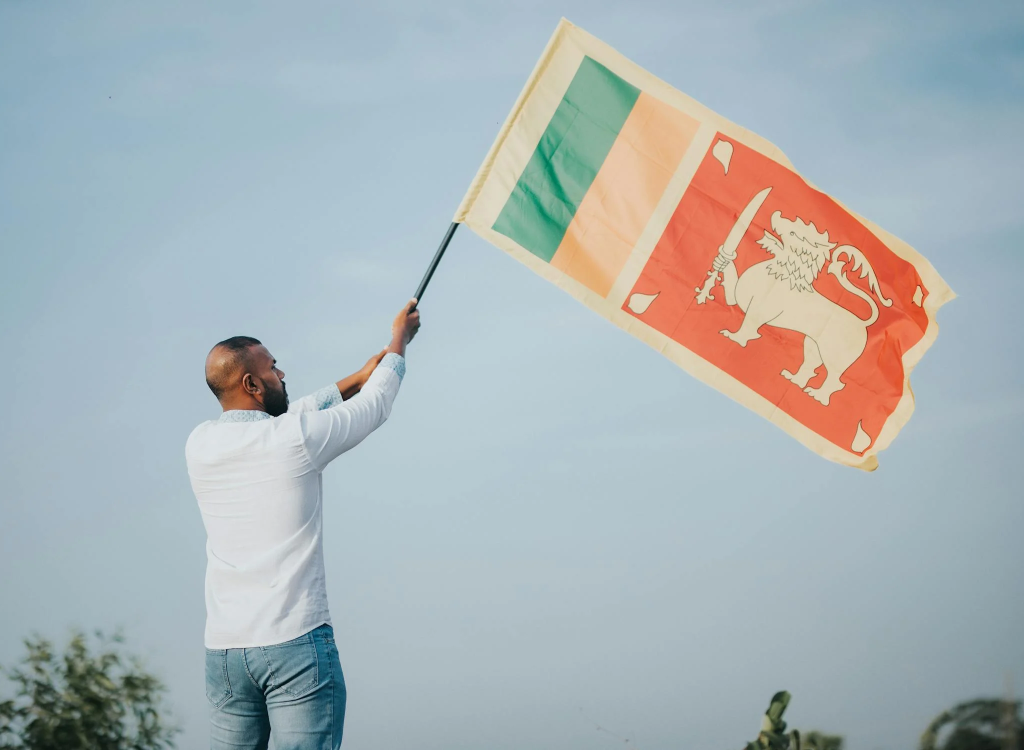

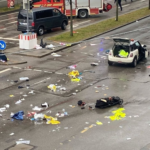
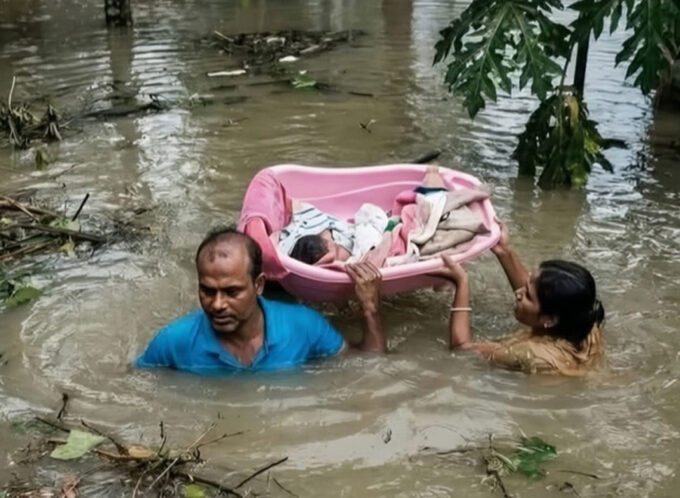
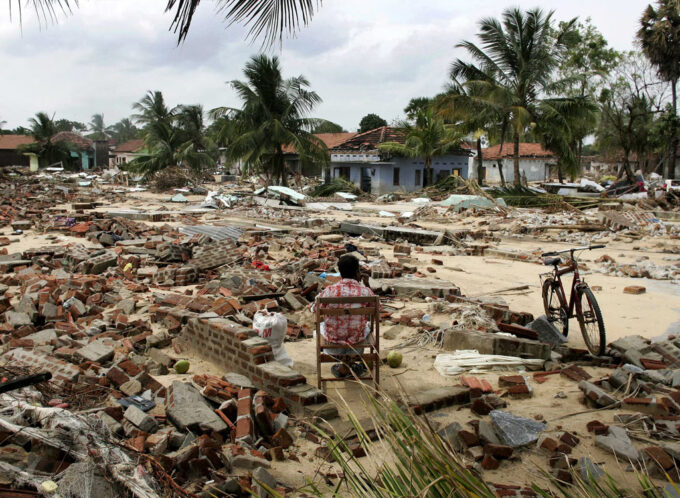
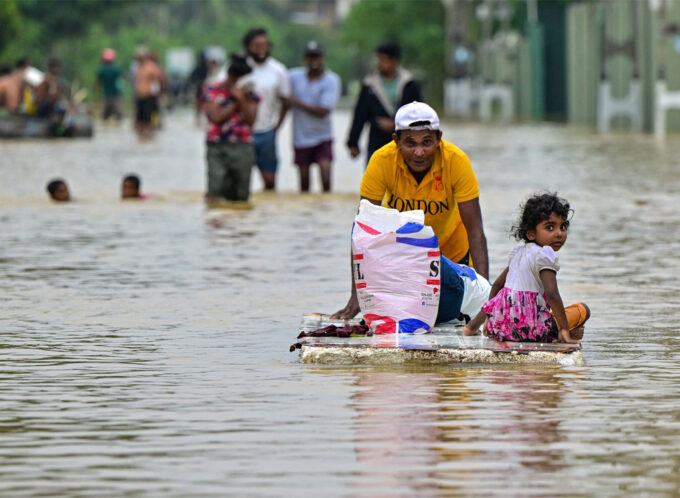
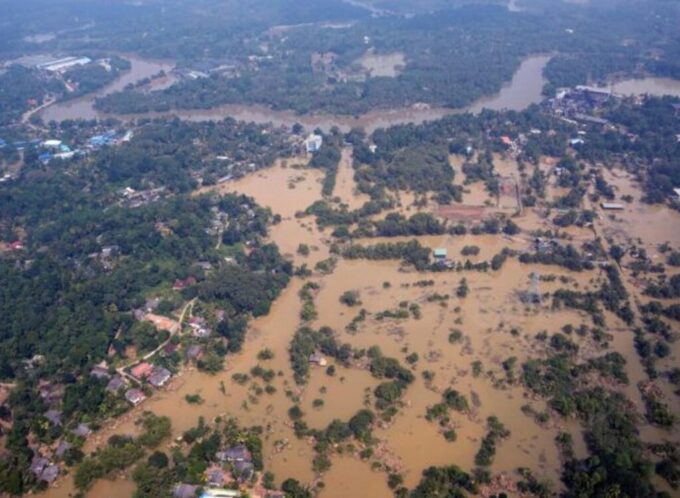

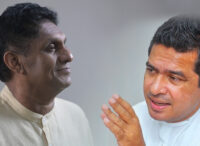
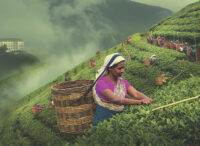
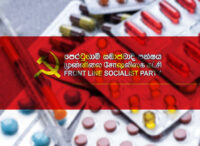
Leave a comment